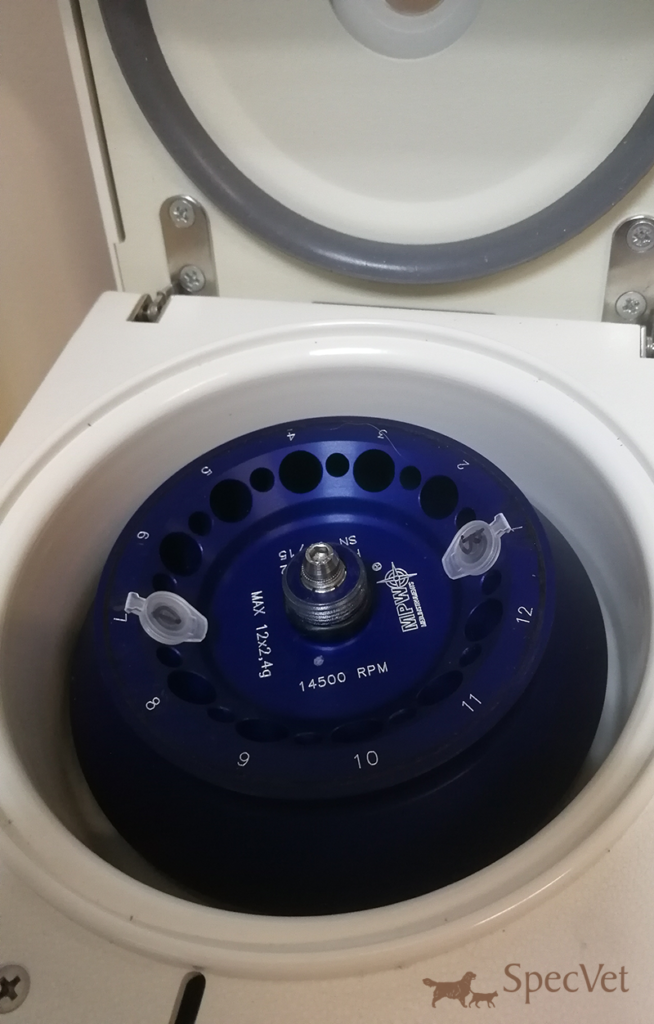 Blood transfusion is a procedure of administering full blood or specific blood components to correct their deficiencies in patient. Depending on indications and needs, it is possible to transfuse:
Blood transfusion is a procedure of administering full blood or specific blood components to correct their deficiencies in patient. Depending on indications and needs, it is possible to transfuse:
- Full blood, containing all of morphotic blood elements, including coagulation factors,
- Packed red blood cells, containing only red blood cells,
- Plasma, containing coagulation factors, antibodies and albumins,
- Cryoprecipitate, that is a highly concentrated product of plasma proteins.
All of mentioned products require a different method of storage and have a different shelf life. Blood provided from the Blood Bank should contain the informations about the donor, type of product, date of withdrawal and shelf life.
Blood transfusion is indicated in patients with conditions such as:
- Anemia of different etiology,
- Haemorrhage,
- Coagulation pathologies (coagulopathies)— both hemorrhagic diatheses and problems associated with hypercoagulation.
Blood transfusion should be ALWAYS performed under the supervision of veterinarian due to the risk of side effects, that can occur despite taking preventive measures!
Donor’s blood should ALWAYS be checked on the presence of diseases as well as antigen compatibility with recipient’s blood!

Antigen compatibility is checked by crossmatching, performed before every transfusion. Negative result, that is lack of agglutination (clumping of red cells) qualifies donor’s blood to be transfused.
In dogs and cats – similarly to human – various blood types exist.
In case of dogs, it is not necessary to know the type of blood before the transfusion, because of the lack of antibodies against erythrocytes of a different blood type, what exist in humans.
In cats there are three blood types (A, B and AB), where the majority of cats has blood type A, and B and AB are rare. Despite that, before performing the blood transfusion in cat, type of recipient’s blood must be checked, because cats with B type blood cannot have A type blood transfused. Considering the presence of antibodies against the B type blood, there is a huge risk of post-transfusion complications.




